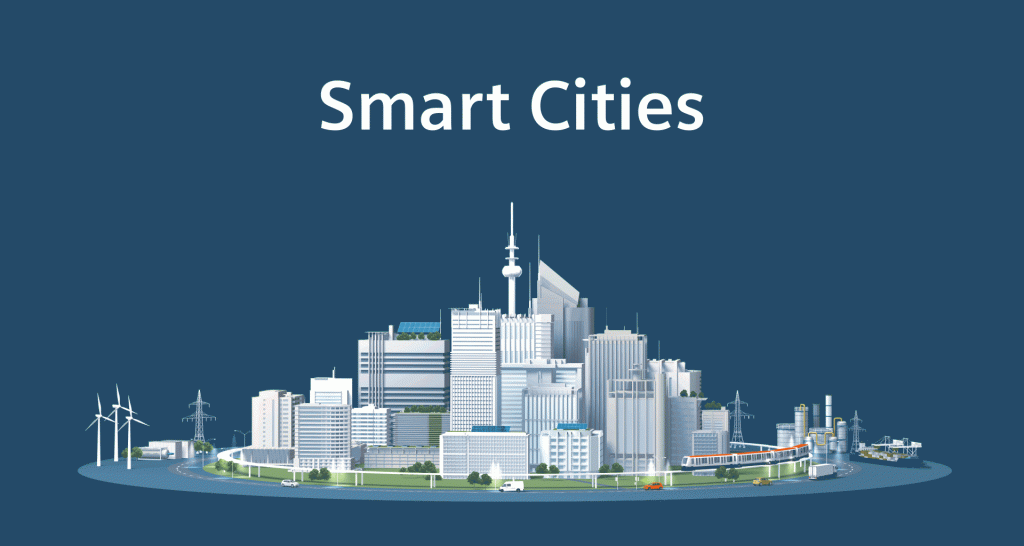‘Smart cities only way to go’
As Zimbabwe moves towards becoming an upper middle- income economy, developing smart cities is the way to go as it will address the current increasing urban population, which is putting pressure on existing infrastructure, experts say.
Smart cities are seen as a means to minimise the adverse effects of climate change as new developments will factor in issues of energy efficiency and environmental sustainability.
A smart city is a city that uses technology to provide services and solve city problems as it improves transport efficiency, accessibility, improve social services as well as promote sustainability.
The components of a smart city include a smart environment, smart economy, smart governance, smart people, smart living and smart mobility. Basically, it is a society with efficient services for improved quality of life.
Integrated Properties chief executive officer and former president for Real Estate Institute of Zimbabwe (REIZ) Dr Mike Juru, said as populations and urbanisation continue to rise, use of technology in smart cities is turning to help them manage resource constraints. It is estimated that population in Africa will balloon to 2,4 billion in 2050 while migration
into urban centres is expected to increase to 60 percent from 40 percent, which will put more pressure on the existing infrastructure that is already constrained.
“There is going to be increased pressure on infrastructure coming from rural to urban migration which needs us to come up with a solution and the solution is in the form of smart cities.
“Smart cities are not about well swept streets and clean environment, but about technology, people embracing technology to improve their quality of life. As we move to become an upper middle-income economy by 2030, there is also need to have societies that enjoy good quality of life, the existing infrastructure should show for it,” he said during the recently held 5th edition of the Zimbabwe Infrastructure Investment Summit and Awards hosted by Global Renaissance Investments in the capital.
Dr Juru said smart cities will be ideal in addressing climate change induced challenges as these factor in sustainable environment management practice as well as efficient energy use.
The use of information communication technology cannot be overemphasized in such new developments as the world over is adopting digitalisation, which has been accelerated by the outbreak of the Covid-19 pandemic.
He said: “We ought to embrace technology so as to move towards smart cities. With smart cities, we also address the issue of climate change, which is a reality as we have seen its effects like flooding and droughts.
“So we need to come up with a concept which also protects the environment because our energy comes from the environment, the cement and timber we use comes from our environment. If our cities do not factor in these, what will the future generation have if we don’t come up with environmentally friendly developments?”
Other countries in the region are implementing smart cities concept for instance Wakanda City in Ghana and Konza Techlopolis City in Kenya, which is dubbed the “Silicon Valley of Africa”.
Nigeria has Eko Antlatic City now also known as the “Dubai of Africa”, while South Africa has Waterfall City and Modderfontein City which was initially established as a mining town but now undergoing the process of infrastructure development for residential, industrial and commercial purposes.
Dr Juru said Zimbabwe can take a leaf from these regional peers and take advantage of its land banks to develop new smart cities for mixed uses.
“These new developments will also create jobs, and starting new fresh buildings is the way o go as trying to renovate existing infrastructure may prove more expensive than starting afresh,” he said.-eBusiness Weekly









